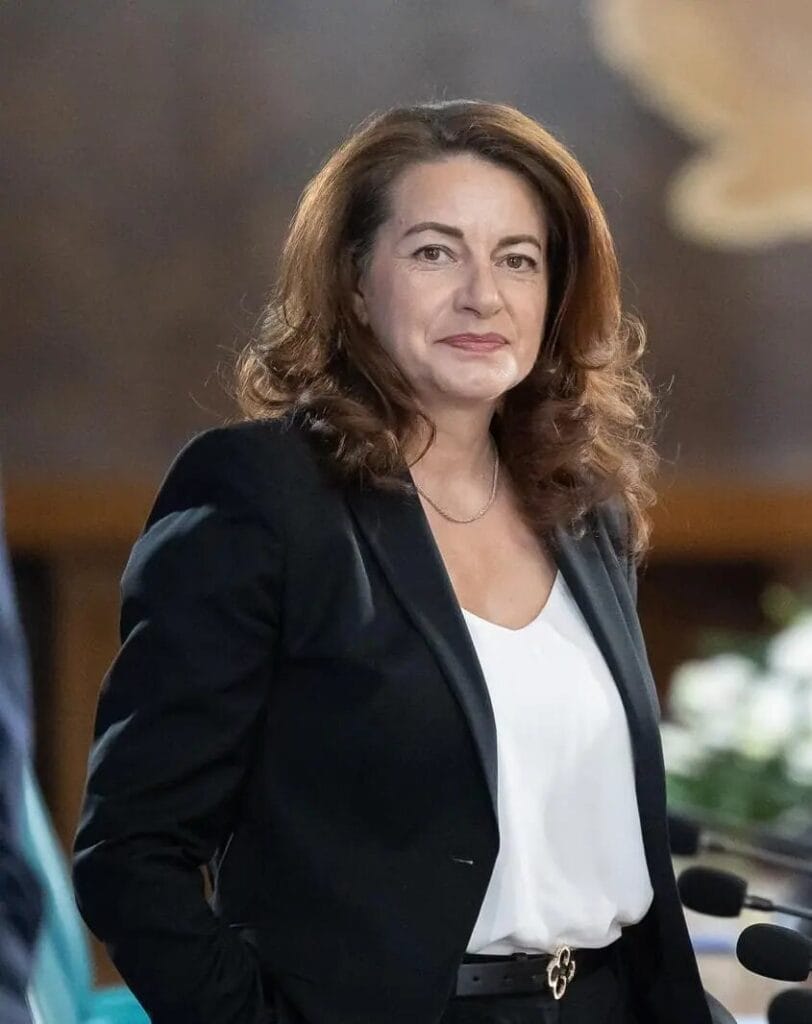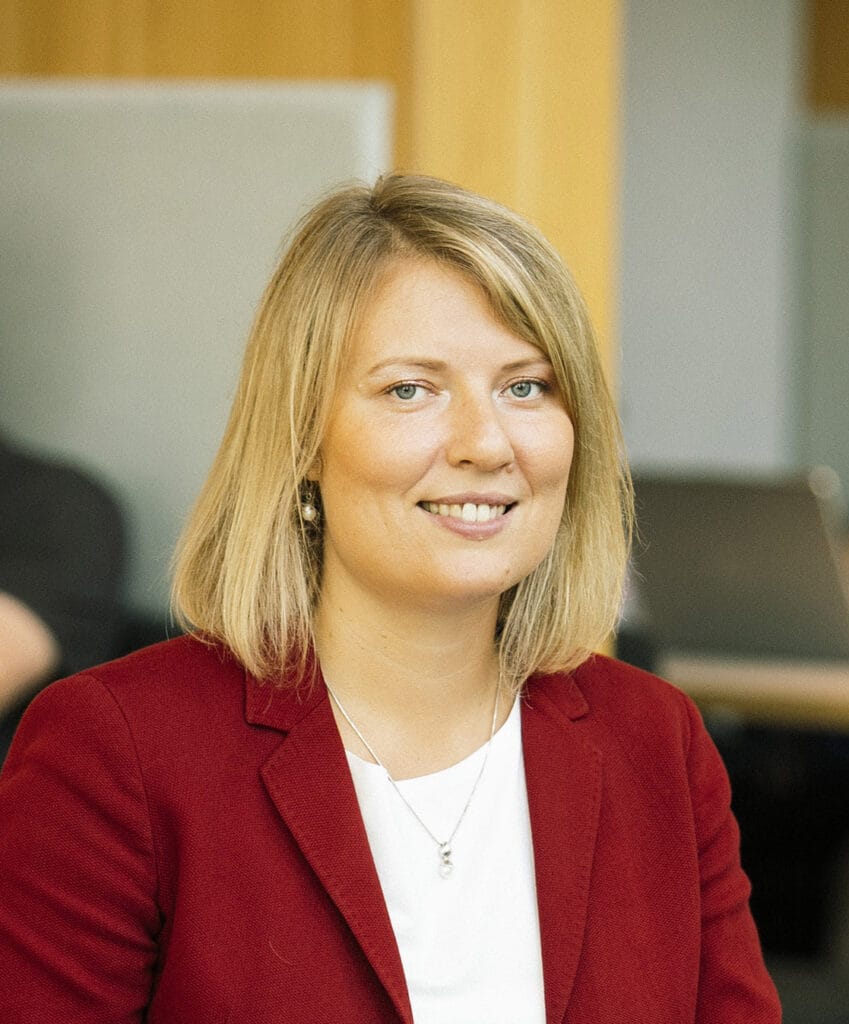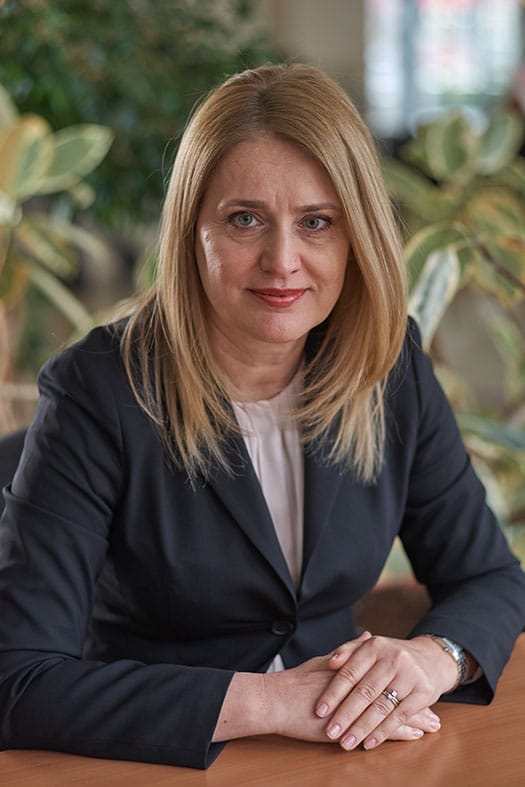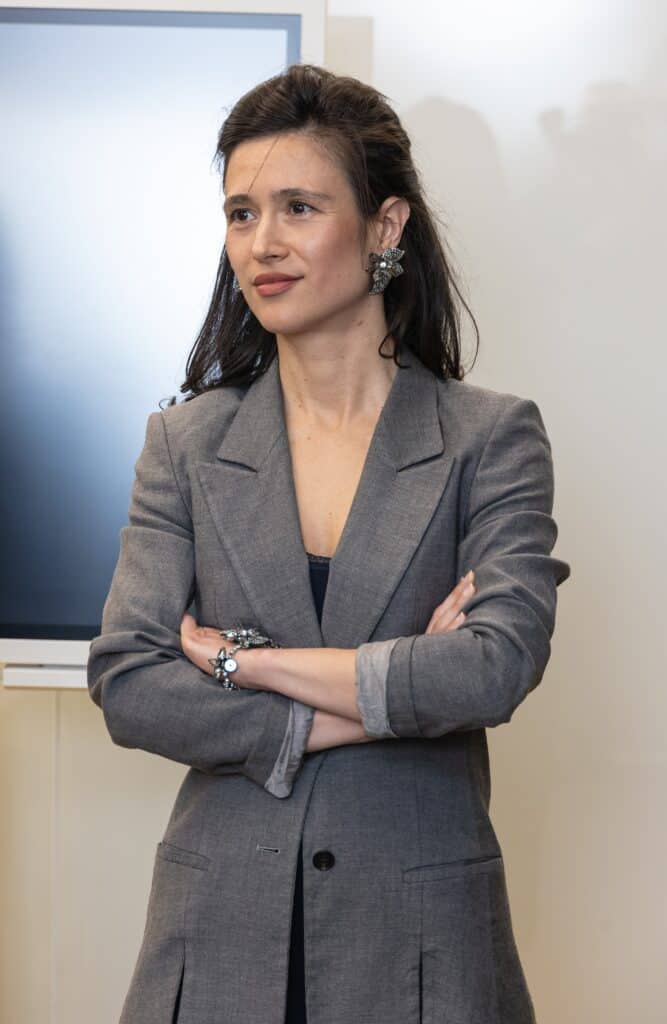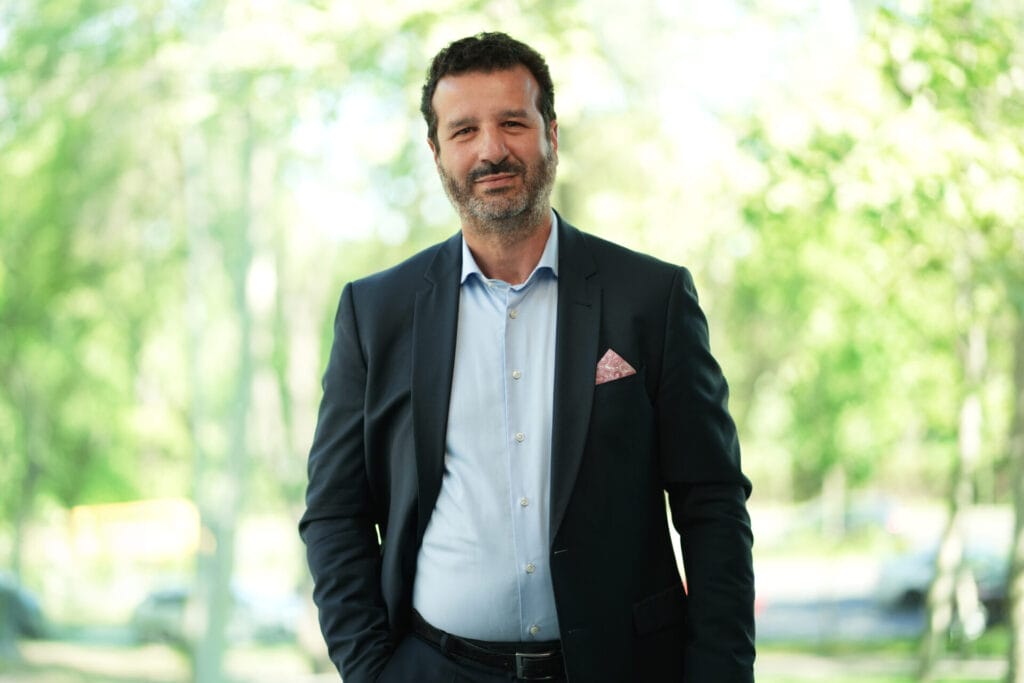The European climate law requires the EU to adopt a climate target for the year 2040, taking into account the advice from researchers who are part of the European Scientific Advisory Board on Climate Change. A report from this advisory board explains and recommends how climate targets can be formulated by that deadline and how a budget for lower greenhouse gas emissions for 2030-2050 can be devised.
For the period of 2030-2050, the European Climate Law mandates the EU to establish an interim target for 2040 to drive the transition towards a climate-neutral economy, and it empowers the European Commission to propose this interim target for 2040 in the first half of 2024. This proposal will consider the contributions and evidence from scientific sources, including the advice from the European Scientific Advisory Board on Climate Change, which was established to serve as a reference point for the EU regarding scientific knowledge on climate change.
Recapping the context:
The EU recently adopted a crucial reform of its climate and energy legislation through a series of measures proposed in 2021 under the “Fit for 55” package. With full implementation at the EU and national levels, these measures should enable the EU to achieve a reduction in emissions of at least 55% by 2030 compared to 1990.
The Paris Agreement states that we must keep global warming well below 2°C and continue efforts to limit it to 1.5°C above pre-industrial levels.
The Intergovernmental Panel on Climate Change (IPCC) emphasises the existence of technological, political, and economic solutions to achieve rapid and large-scale emissions reductions.
With the adoption of the European Climate Law in 2021, the EU has made a legal commitment to reach net-zero emissions by 2050 at the latest and move towards negative emissions thereafter (aiming to achieve the long-term temperature goal set in the Paris Agreement).
The proposed solutions by the IPCC indicate that there is a (at least) 50% chance of limiting warming to 1.5°C by the end of the century – without overshooting or with limited overshoot. The advisory board recommends, among other things, reducing the EU’s greenhouse gas emissions by 90-95% by 2040 compared to 1990 in order to achieve the net-zero target by 2050.
The analysis also found that reductions in the EU’s domestic emissions of at least 88% and up to 92% are achievable, taking into account environmental risks and challenges associated with technology deployment, particularly in rapidly expanding renewable energy. Such reductions could further decrease the amount of greenhouse gases emitted between 2030-2050.
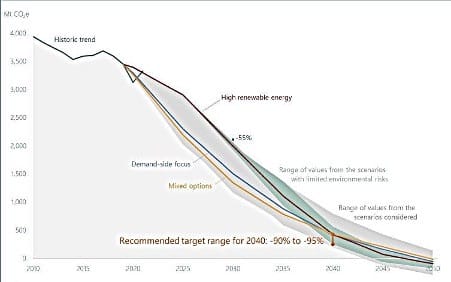
The recommended range of greenhouse gas emission reductions in 2040 compared to 1990, and emblematic pathways illustrating possible strategies to achieve climate neutrality by 2050. (Source: Report – Advisory Board on how to determine an EU-wide 2040 climate target and a greenhouse gas budget for 2030-2050.)
Furthermore, the EU’s target for 2030 of reducing greenhouse gas emissions by at least 55% compared to 1990 levels would allow for the achievement of the recommended range for 2040 and climate neutrality by 2050.
While they are compatible with achieving climate neutrality by 2050, the pathways analysed by the advisory board involve a wide range of emission reductions by 2030 – some scenarios reaching reductions in 2030 close to the current EU targets (i.e., reductions of 56-60% compared to 1990), while others achieve reductions of over 70% by 2030.
To further illustrate the different choices and societal strategies that the EU could pursue to achieve ambitious emission reductions by 2040 and net-zero emissions by 2050, the advisory board selected three emblematic pathways out of the 36 scenarios analysed. The three pathways have different key characteristics:
The demand-focused pathway
It is one of the mitigation pathways assessed in the IPCC AR6 which combines ambitious climate policies with the achievement of the UN Sustainable Development Goals at a global level. It focuses on less resource-intensive lifestyles and has the lowest final energy demand by 2040 among the three emblematic pathways.
The high renewable energy pathway
It is a more recent scenario that includes a focus on the level of emission reductions that is plausible in the short term. It is also characterised by a relatively high use of energy from renewable sources – i.e., among the three emblematic pathways, it has the highest share of non-biomass renewable electricity in 2040.
The mixed options pathway
Has the lowest net cumulative emissions among the three emblematic pathways in 2030-2050. Compared to the other pathways, it is characterised by a more intensive use of carbon uptake from land sinks and an increased contribution from nuclear energy.
The advisory board also identified key elements of the common transition across most pathways to climate neutrality, as outlined below.
Decarbonization of the energy sector
- The electricity sector reaches near-zero emissions by 2040.
- In all scenarios, the energy mix is primarily based on renewable energy sources, particularly wind, solar, and hydropower (70-90% of the mix in 2040).
- Electricity generation becomes nearly devoid of natural gas-based power generation by 2040 and coal by 2030. Some pathways heavily rely on carbon capture, utilisation, and storage (CCUS).
- In scenarios with a lower share of renewable energy, the proportion of nuclear energy reaches up to 20% of final energy consumption by 2040.
- The share of electricity in the final energy demand is approximately twice the current level.
Increased use of other green carriers
- All scenarios – even those with very high electrification rates – call for alternatives to fossil fuels for hard-to-electrify sectors such as industry and transportation.
- The demand for bioenergy varies considerably depending on different pathways. In some scenarios, demand increases by over 50% by 2040, while in other scenarios, it experiences more modest or even no growth compared to current levels.
- The use of hydrogen is intensified across almost all sectors, with a production range of 5-10 Mt by 2030 (hydrogen is primarily produced within the EU rather than imported).
Reduction of total energy demand
In all scenarios, total final energy consumption decreases significantly by 2040 (a reduction of 20-40% compared to current levels), supported by higher electrification rates.
The greatest reduction occurs in the transportation sector (30-60%), followed by industry (20-45%) and the residential and tertiary sectors (15-35%).
Reduction of non-CO2 emissions
- All pathways involve considerable reductions in non-CO2 greenhouse gas emissions, although the rate of reduction varies (20-60% below current levels).
- Some pathways indicate up to a 50% reduction in animal demand (data not available for all pathways). Additionally, all pathways involve significant reductions in the use of nitrogen fertilisers (30-60%).
- All pathways foresee significant reductions in methane emissions, both from waste (45-60% due to reduced landfilling) and energy consumption (70-90% due to reduced use of fossil fuels).
Carbon removal
- Some estimates from scientific literature place the potential carbon uptake from LULUCF sectors between 100 and 400 Mt CO2. Multiple scenarios keep the uptake below 400 Mt CO2. However, some scenarios rely on a reservoir that exceeds this level by 2040, which raises feasibility issues due to future climate impacts.
- Carbon removal through bioenergy with carbon capture and storage (BECCS) and direct air capture and carbon storage (DACCS) also varies considerably, ranging from 50 to 200 Mt CO2 in 2040 in scenarios where implementation remains within the bounds of identified risk levels.

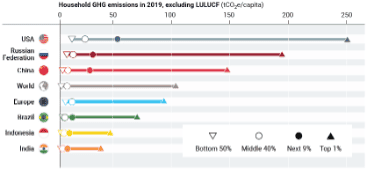
Trends from 1990-2020 in CO2 emissions based on consumption and territorial emissions, as well as the 2019 levels of per capita greenhouse gas emissions based on consumption in major emitting countries.
Energy security
Oil imports decrease by 50-100% by 2040 (compared to the current situation) depending on the different scenarios, while gas imports decrease between 35% and 100%.
Although the pathways do not provide direct outcomes regarding the increase in demand for critical materials, the widespread implementation of renewable energy and electrification technologies in all pathways suggests that the demand for critical raw materials would increase significantly.
The main conclusion of this report is that “climate actions can contribute to multiple improvements in health, well-being, and environmental protection and can also generate trade-offs in these areas, which need to be addressed and managed by policymakers. Implementing the iconic pathways would reduce future climate risks, thereby reducing future adaptation costs and losses and damages (IPCC, 2023). Some inevitable effects of climate change will continue to pose threats to human health and prosperity and to the natural environment.”
*You can read the full paper here




